12 Facts to Make You Feel Good

1. Being kind can help you live longer
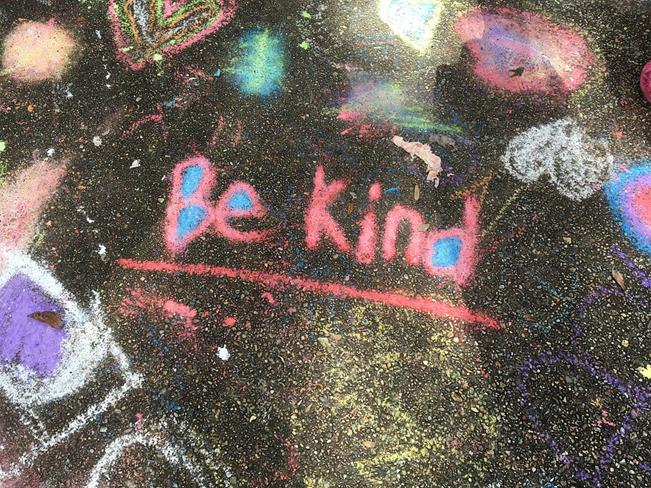
Various studies have shown that acts of kindness reduce blood pressure and cortisol and release oxytocin. This reduces stress and the risk of heart attacks. A study by Berkely University showed that over-55s who volunteered were 44% less likely to die.
2. Since 1820 the of percentage of people living in extreme poverty has decreased from 90% to under 10%.

Only 6% of Americans think things are getting better. But in a global and historical perspective life has vastly improved. The United Nations defines extreme poverty as living on $1.90 a day or less (inflation taken into account). As recent as 1981 there were still 42% of people in the world living in extreme poverty. Now the wealth is shared more equally and less than 10% live in extreme poverty!
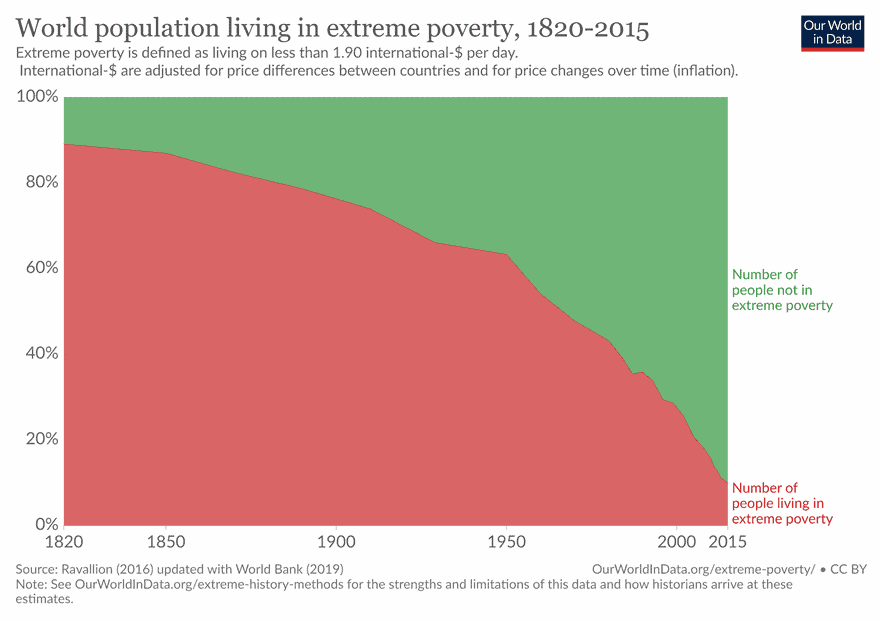
3. A whale saved a diver from a shark attack
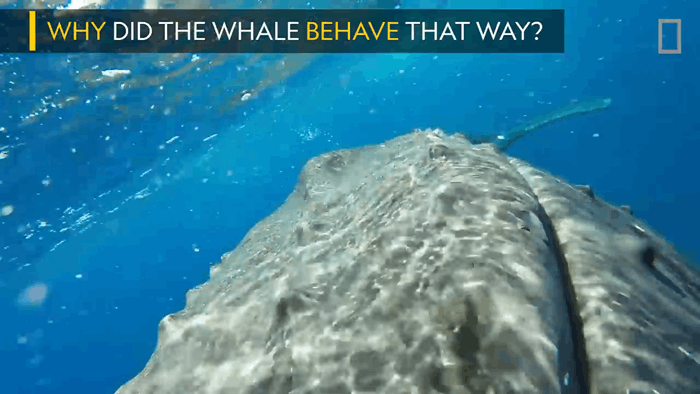
A humpback whale warned a diver that there was a tiger shark in the area by nudging her and trying to protect her under her fin. At first the diver didn’t understand this unusual behaviour until they saw the shark.
4. A blind mum got to see her unborn baby thanks to a 3D ultrasound
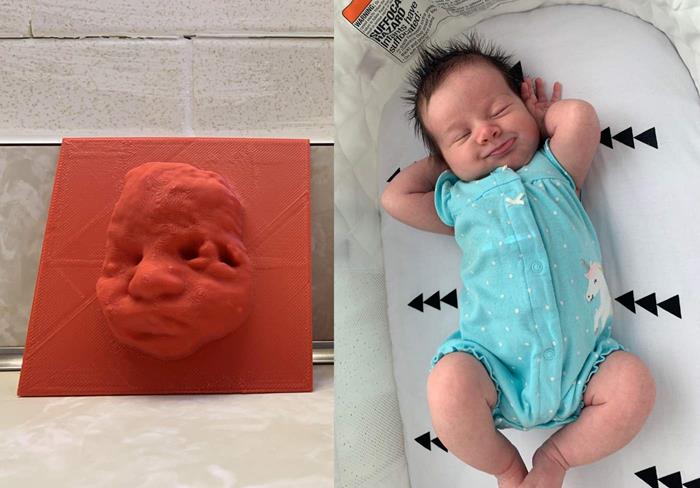
Doctors at Baltimore Hospital made a 3D printout of a blind mum’s baby. The technology is usually used to help surgeons see if a baby has spina bifida and needs a in-womb operation. However nurses realised that they could use the technology to help the blind woman ‘see’ her unborn baby by touching a model of its face.
5. A Saudi billionaire donated himself out of the billionaire’s club

Over the course of his life Saudi bank-owner Sulaiman bin Abdul Aziz Al Rajhi has donated $5.7 billion to charity. Now you may say what about Bill Gates who donated $27 billion or Warren Buffett who has donated $21.5 billion and who promises to donate half of his fortune upon his death? Why aren’t they more generous? Well, that’s because they had more money to start with. Gates and Buffet have net worths of $84.2 billion and $61 billion respectively, but Al Rajhi is only worth $590 million.
Unlike most billionaires Rajhi has donated more than his net worth over his life, giving him a generosity index of 966% (compared to Bill Gates’ 32%). Giving two thirds of all his wealth and property to the public,Rajhi donated himself out of the billionaires’ club, his donations help founded universities and food-provision projects.
https://www.independent.co.uk/news/people/the-20-most-generous-people-in-the-world-a6757046.html
6. Dodo the monkey adopted a tiger cub
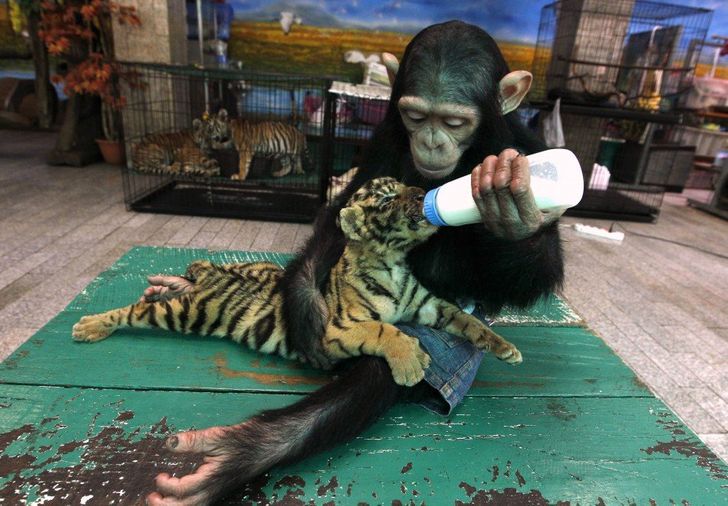
At a zoo in Thailand Dodo the chimpanzee adopted Aorn the tiger cub. At the Samut Prakan Crocodile Farm and Zoo in Bangkok the chimpanzee befriended the young orphan tiger cub. Its motherly instincts kicked in when it saw the helpless tiger cub and took it upon itself to care for it. It feeds it with a milk bottle and cuddles it to keep it warm.
https://brightside.me/wonder-animals/18-kind-animals-that-adopted-other-species-572260/
7. In August 2020 Africa was declared free of wild polio
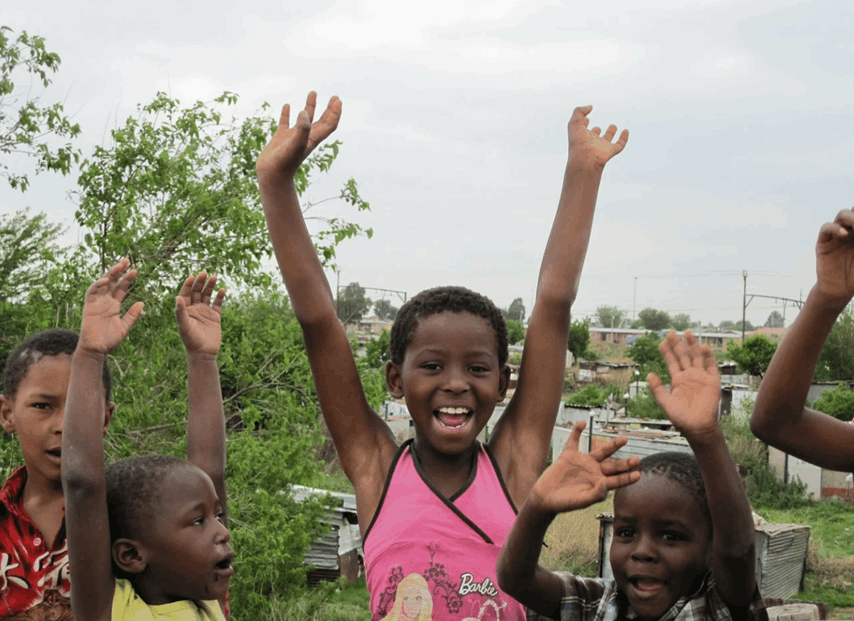
In 1996, 75,000 children in Africa were paralysed by polio. Thanks to the Global Polio Eradication Initiative world health experts say that polio has now been eradicated in Africa.
8. When rescuing people we sometimes experience ‘hysterical strength’
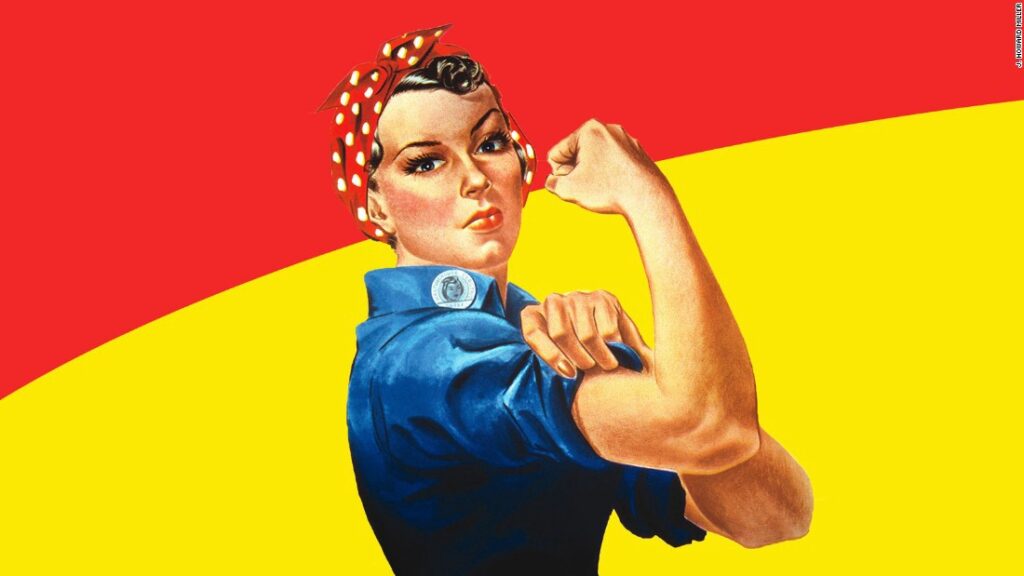
Hysterical strength is the phenomenon of humans exhibiting super-human strength in life-or-death situations. Examples include:
- 2019, Ohio, Zac Clark, a 16-year-old football player, lifted a 3,000 lb car to save his neighbour
- 2013, Newfoundland, a man in his seventies lifted a Jeep to save his son-in-law and Lydia Angiyou
- 2006 fought off a polar bear to save some children
- More examples of hysterical kindness
No-one can fully explain the phenomenon but scientists think that in extreme situations the body emits vast amounts of adrenaline which give us extra strength.
Bonus fact: In 1962 the Jack Kirkby saw a woman lift a car to save her baby and was inspired to write the Incredible Hulk.
https://en.wikipedia.org/wiki/Hysterical_strength
9. Since 1973 the gender pay gap has halved

In the UK and US the average pay gap between men and women has halved. In 1973 the median difference between men and women’s salaries was 46% in the UK and 38% in the US. In 2015 that had dropped to 17% in the UK and 19% in the US.
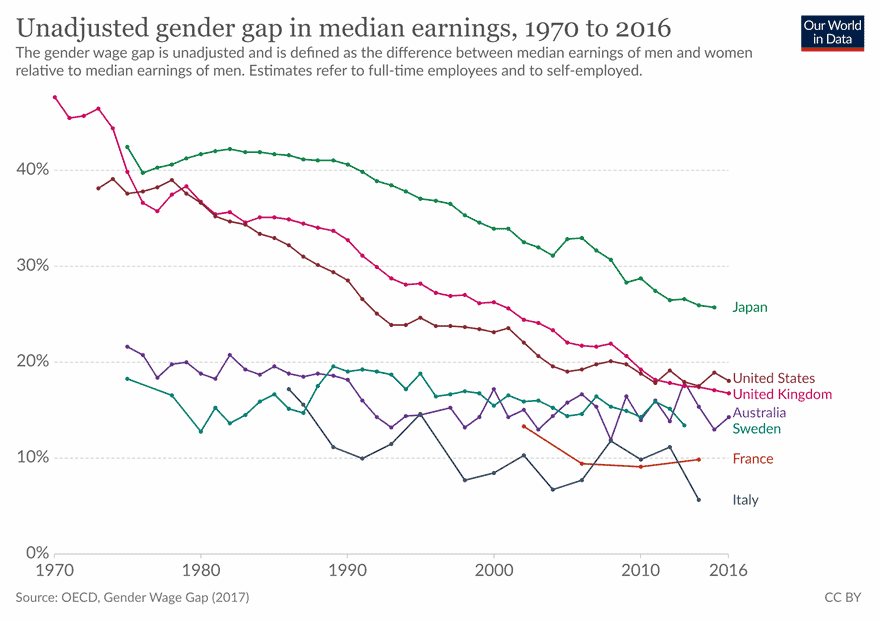
https://ourworldindata.org/economic-inequality-by-gender
10. The lockdown in China may be saving 7 times as many lives as the virus takes

There have been many deaths and COVID is a truly terrible thing but a silver lining to the lockdown is that many lives were saved in terms of pollution.
In India 2.3 million people die prematurely each year due to air pollution. In a study by the University of Surrey in July 2020 scientists concluded that greenhouse emissions had decreased by as much as 54% in India.
The Indian Institute of Technology (IIT) Delhi and two Chinese universities calculated that India’s annual death toll would fall by 650,000 if the fall in air pollution levels driven by the country’s lockdown are maintained, according to a new study.
In China 1.2 million men, women and children died from air pollution last year. This year, the decrease in pollution resulting from coronavirus shutdowns likely saved between 53,000 and 77,000 lives—many times more than the direct toll of the virus—according to calculations done by Marshall Burke, an Earth system scientist at Stanford University.
Another study estimated that reduced air pollution resulting from efforts to prevent the spread of the virus is saving more than 7 times as many lives as the virus takes.
https://www.sciencedaily.com/releases/2020/07/200716101621.htm
11. A Washington zoo has been giving animal shoutouts to wish children happy birthday during the lockdown
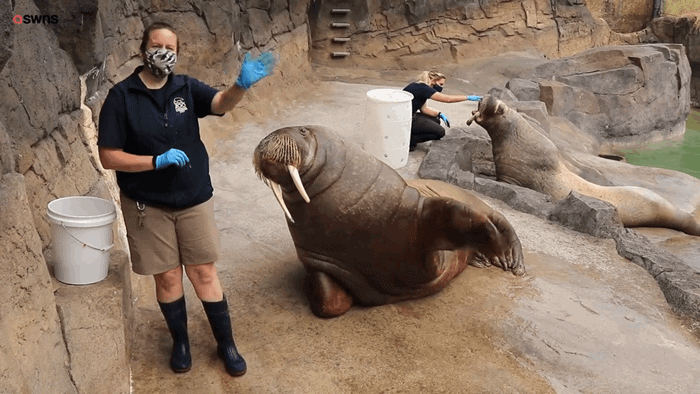
12. A man who holds the world record for giving blood may have saved the lives of over 2 million children
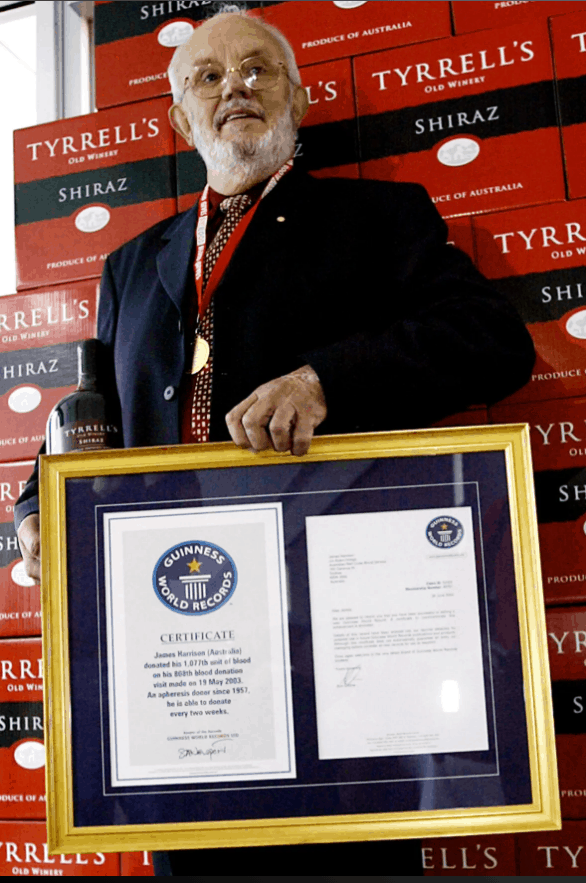
For 62 years, ‘the man with the golden arm‘ Australian James Harrison gave blood and plasma as often as possible. During his life he donated blood 1,173 times and the Red Cross held a big event for his last donation (his arms are unable to take any more needles).
Harrison has rare antibodies in his blood (called anti-D). When given to at risk expecting mothers it helps prevent their babies from developing rhesus disease. Harrison himself received these miraculous antibodies from a blood infusion when he was young. He said he donated blood because he wanted to pay back the gift. In 2018 he gave his last donation with doctors saying he was at risk of damaging his health if he continued to donate. Mothers and babies will never forget his overwhelming generosity.
CBC – Meet the man with the golden arm who saved millions of lives






